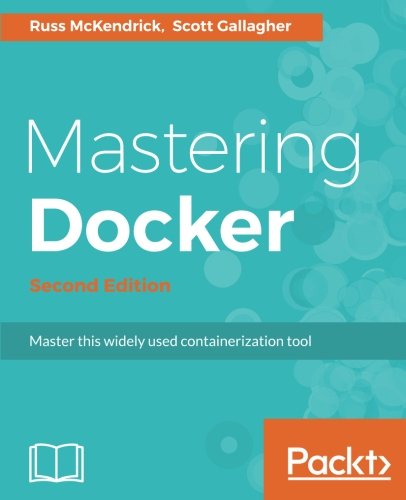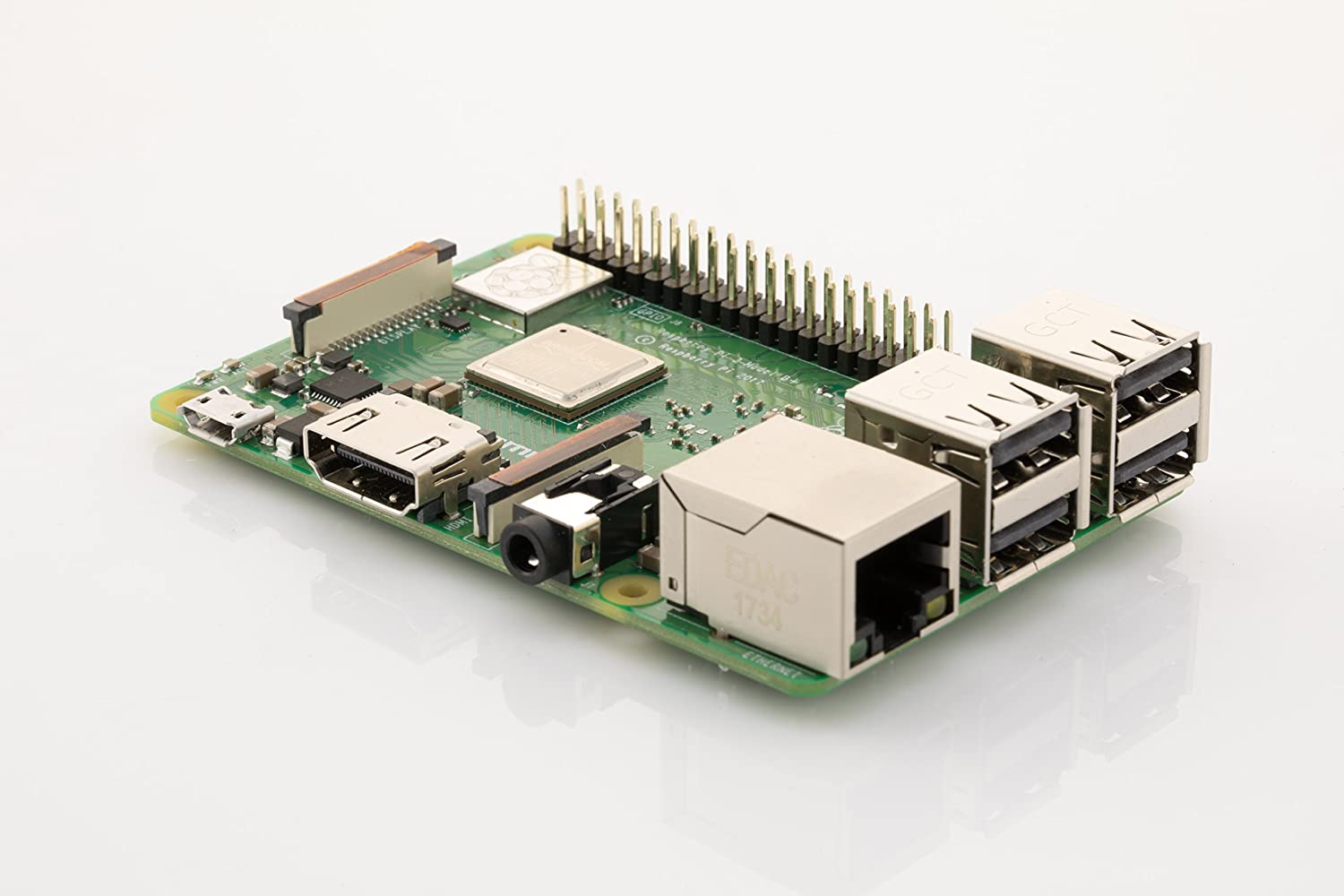For about 6 years I, David Herron, was blogging on java.net, which at the time was the home ground of the Java Community. That site has since been shut down, and therefore I wanted to resurrect the postings for historical interest. That has meant a painful process of digging through archive.org to find the cached copies. At the time I was employed by Sun Microsystems in the Java SE team, and for a time played a semi-official role in launching the OpenJDK project.

The DLJ project is dead - long live the OpenJDK
(2011-12-18T22:00:00.000Z) There appears to be over-reacting and fearism concerning a recent decision to cancel the DLJ project, and subsequently Ubuntu's plan to remove DLJ-based Java packages from their repository. I'm totally out of the loop of this except for a couple things. As the former DLJ Project Lead I was still vaguely involved with the management of that project. Recently there was an email exchange between myself, Dalibor Topic and Tom Marble where we decided it would be best to just shut down the DLJ because the OpenJDK had proceeded far enough that the DLJ was simply unnecessary.
Node.js, the exciting web development platform, from a Java programmer point of view
(2011-10-31T22:00:00.000Z) Hey, it's been awhile since I last posted on this blog, largely because I didn't have much to say about Java for awhile, and partly because I've been working with Node.js over the last year. It's a new software platform that I think the Java community needs to know about, and as the author of a book about Node (a.k.a. Node.js) I may be the person to explain a thing or two to y'all. Since it's been so long since my last post here, a bit of re-introduction should be useful. I'd spent 10 1/2 years working for Sun in the Java SE team, as an architect of the Software Quality Engineering team (SQE). I was also someone who had some interesting ideas to share about Java (hence this blog). Well, I hope they were interesting. During that time, I was privileged to meet the FreeJava community (classpath, harmony, etc), participating in launching the OpenJDK project, the JDK-Distros project, the Mustang Regressions contest, and some other interesting projects. It was an amazing time of meeting the broader Java community. But 2.5 yrs ago things changed (ahem) and I stopped being active with Java and didn't want to post here because I wasn't sure I had anything to say. Until now, when I feel a need to talk about Node.
The iPad, the Flash kerfluffle, Applets and JavaFX
(2010-02-02T22:00:00.000Z) Last week Apple released their latest product destined to change the world (the iPad). At least that's what they want us to believe. Perhaps the biggest controversy over the thing is the lack of Flash capability. However this being java.net I have to wonder out loud, where is Java capability, and more importantly why isn't as much controversy being raised over Java being missing? But I think we all can enumerate some reasons for both being missing. And it's worth it for the Java community to ponder this issue.
Is the JCP fundamentally the wrong model (now) for Java?
(2009-06-03T21:00:00.000Z) I'm drawing on several threads of thinking in several presentations and conversations this week at JavaOne, and am thinking the Java Community Process (JCP) no longer serves the needs of the Java ecosystem. I'm not the first to say this, not the last, but here's a few thoughts anyway. Sun (soon Oracle) is the owner and for the process to work out well the owner has to be enlightened enough to serve the needs of others as well as their own needs. In reaping rewards from building an ecosystem requires having the wisdom that your benefit comes from everybody happily using your ecosystem, and always acting to nurture the ecosystem you've built. Some styles of gardening (Permaculture) recognize this principle. However administrations change and while one set of people overseeing Java might be enlightened the next set might be money grubbing short sighted opportunists. I'm not pointing fingers at anybody, just outlining a general principle.
JavaOne 2009 opening Keynote
(2009-06-01T21:00:00.000Z) The JavaOne opening keynote is still a fancy rock & roll show with fancy stage and the like. It's always exciting to see what they have to say, and they do a good job of spinning a story that Java is Everywhere. The overall message is to convince developers that the Java platform is compelling, that Sun is providing this compelling ecosystem for developing applications, and that the developers can become uber-rich by developing applications for the Java platform.
Blogging from JavaOne
(2009-06-01T21:00:00.000Z) I am attending JavaOne and will be posting a series of blog's about each session I attend.
OpenJDK Porter Group BOF
(2009-06-01T21:00:00.000Z)
Oracle+Sun effects on Java...?
(2009-04-25T21:00:00.000Z) So, hmm, Oracle+Sun. Interesting twist from the IBM+Sun matchup earlier. There has been numerous rumors over the years about SUN+xyzzy mergers such as Fujitsu, IBM, SGI, Apple, etc. And it's finally come to Oracle. It seems there's a lot of scratching of heads over what this will mean for the open source software projects run by Sun, and of course the back of my mind has been pondering the effect on the OpenJDK. An article in that esteemed dumpster diver rag, The Register, is prompting me to write:
 Oracle suits to strap on Sun's Java sandals: leader without followers
Oracle suits to strap on Sun's Java sandals: leader without followers
Sun+IBM ==> What does it mean for Java?
(2009-04-03T21:00:00.000Z) I've been gone from Sun for a little while now but of course I'm still interested in Java, and thankfully still have access to this java.net blog. Anyway the recent news about IBM pondering buying Sun has piqued my interest.
It will be (Open)JDK7 where OpenJDK==JDK
(2009-01-04T22:00:00.000Z) I'm listening to the
 'holidays 2008ish' episode of Javaposse and in reviewing their last years predictions they have enough fumbling around the status of OpenJDK that I want to do a little bit of explaining.
'holidays 2008ish' episode of Javaposse and in reviewing their last years predictions they have enough fumbling around the status of OpenJDK that I want to do a little bit of explaining.
JavaFX 1.0 is launched
(2008-12-03T22:00:00.000Z) You can view the updated site, launch videos, sample apps, and more, at javafx.com .. well .. when the server comes back up, it's having a little bit of trouble at this moment. Anyway, I want to post a few thoughts..
The upcoming JCP Java ME Executive Committee Election
(2008-11-10T22:00:00.000Z) Just in case you're not all election'd out, and just in case the recent election in the U.S. gave you some hope that things can change through elections, here's an opportunity to affect the direction of Java ME. JCP Java ME EC Election: Vote now for a Voice for Independent Developers by Terrence Barr is a good outline of circumstances related to the JCP and Java ME.
Is there a standard way to deploy a Java application?
(2008-10-23T21:00:00.000Z) I've been thinking about this a bit recently and a comment on the javaposse google group tipped me into blogging mode. While
 discussing the recent shipping of JDK 6u10 Reinier Zwitserloot said On windows, and on linux, there is no java at all. It has to be installed separately. This is supremely annoying. There are odds the linux user has e.g. debian/ubuntu openjdk-6 installed, and on windows there's a chance that the manufacturer has shipped an auto-updating JDK out of the box, but there's no certainty there. On macs, at least, you know there's always a java, and a well integrated, if non-standard, way to deploy. ... outside the obvious statement of it would be nice for Java to be there in the operating system so it can be an assumed part of the infrastructure (thanks to OpenJDK we're moving in that direction for free OS's) this thought that there is a 'standard' way to deploy a Java app strikes me as being a little odd.
discussing the recent shipping of JDK 6u10 Reinier Zwitserloot said On windows, and on linux, there is no java at all. It has to be installed separately. This is supremely annoying. There are odds the linux user has e.g. debian/ubuntu openjdk-6 installed, and on windows there's a chance that the manufacturer has shipped an auto-updating JDK out of the box, but there's no certainty there. On macs, at least, you know there's always a java, and a well integrated, if non-standard, way to deploy. ... outside the obvious statement of it would be nice for Java to be there in the operating system so it can be an assumed part of the infrastructure (thanks to OpenJDK we're moving in that direction for free OS's) this thought that there is a 'standard' way to deploy a Java app strikes me as being a little odd.
6u10 is out!
(2008-10-20T21:00:00.000Z) We finally know the value for N in the equation 6uN .. N = 10. A
 set of slides have been posted discussing what's new. This release started out as Consumer JRE and became more, and more, and more, etc.. It's a relief to have this out in the public. The DLJ bundles for 6u10 are also available.
set of slides have been posted discussing what's new. This release started out as Consumer JRE and became more, and more, and more, etc.. It's a relief to have this out in the public. The DLJ bundles for 6u10 are also available.
OpenJDK in 10 yrs?
(2008-08-24T21:00:00.000Z)
Getting closer...
(2008-07-17T21:00:00.000Z)
Open media and open screens
(2008-04-30T21:00:00.000Z)
Java 6 for OS X
(2008-04-28T21:00:00.000Z)
On hacking the OpenJDK
(2008-04-27T21:00:00.000Z)
Interplanetary migrations
(2008-04-24T21:00:00.000Z)
re: Into the light
(2008-04-07T21:00:00.000Z)
C U @ FOSDEM?
(2008-02-18T22:00:00.000Z)
JSON versus XML
(2008-01-13T22:00:00.000Z)
Freeze Java?
(2008-01-09T22:00:00.000Z)
Give one Get one
(2007-12-16T22:00:00.000Z)
Should 'Java' stay 'Java'?
(2007-12-16T22:00:00.000Z)
New PDF renderer project
(2007-12-12T22:00:00.000Z)
Java freedom day
(2007-11-12T22:00:00.000Z)
A Brave New World
(2007-11-07T22:00:00.000Z)
Open source green vehicles
(2007-10-22T21:00:00.000Z)
Web 3.0 ??
(2007-10-21T21:00:00.000Z)
Re: Stop the Insanity
(2007-09-24T21:00:00.000Z)
Java is doomed to failure
(2007-08-26T21:00:00.000Z)
JDepend and code complexity
(2007-08-21T21:00:00.000Z)
Code for Freedom
(2007-08-15T21:00:00.000Z)









